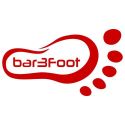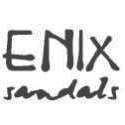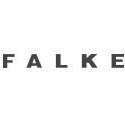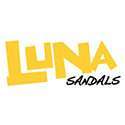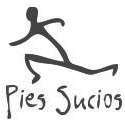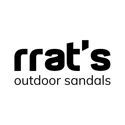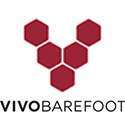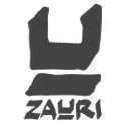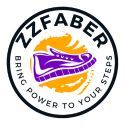No products
Prices are Management included
How to choose the right size of your barefoot shoes
To find your size, just take a piece of paper, a pen and follow these simple instructions:
↓↓↓
1. Place the sheet of paper against the wall and place your foot on top with your heel touching the wall.
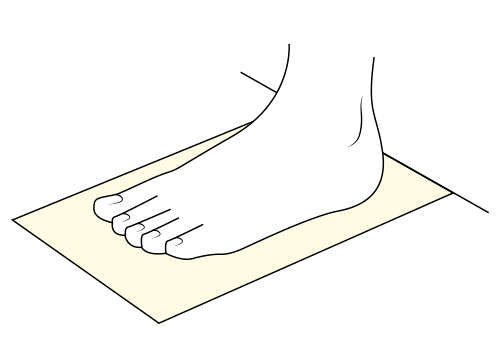
2. With the pen perpendicular, make a mark on the paper on your longest toe.
Then do the same with the other foot.
↓
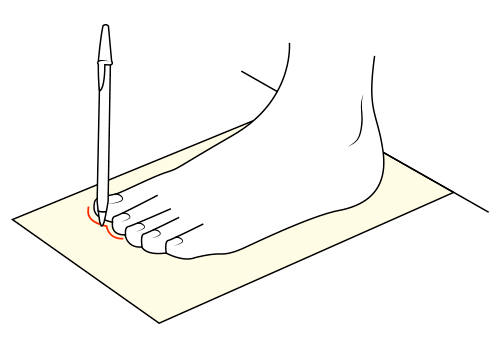
3. With a ruler measure from the edge of the sheet that was touching the wall to the mark of the longest foot perpendicularly. Don't do it in diagonal.
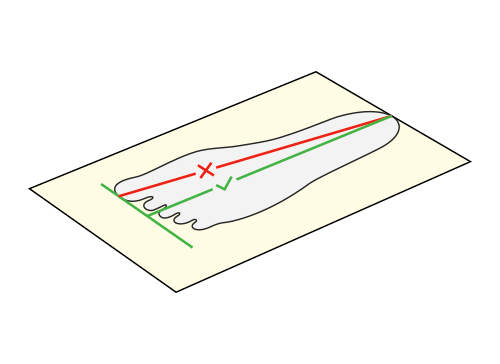
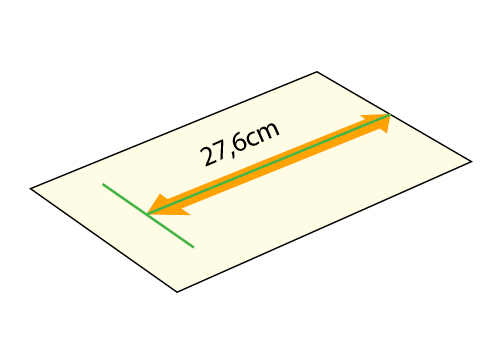
4. With this measurement, go to the model you like on the website and click on the "Know my size" button. When you do so, a table will appear with the real internal measurements of each size and the recommended foot size.
↓
The table below IS AN EXAMPLE. Each model has its own sizing chart in the website.
↓
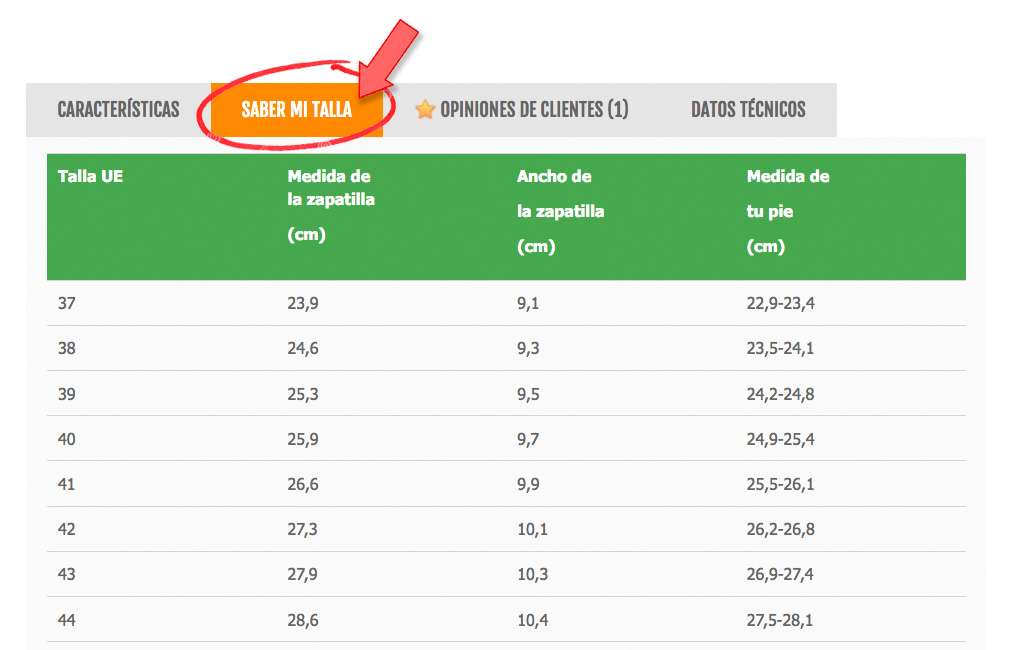
This way it is very easy to know if the size will be small, just right or perfect for your feet.
*It is advisable to choose the size in which you have a extra space of 0.5-1cm with respect to the measurement of your longest foot. So that your foot can expand freely without your toes continually touching the inside edge of the shoe.
-
Disclaimer: Please note that this does not represent a full guarantee, as it cannot account for all possible foot shapes. As the foot is three-dimensional, any two-dimensional measuring tool can only approximate the actual size of your shoe.
How to find the right fit for your barefoot shoes
When choosing the size of your shoes, you have to abandon the classic idea that the shoe should fit snugly to the foot along its entire length. In barefoot shoes this does not make sense, as the shoes lack the ineffective pronation control systems and everything that impedes the natural movement of the foot is eliminated. The correct fit is one that allows the foot to expand naturally and move as if there were no shoes, i.e. as if you were barefoot. In addition, the wrong size and last of shoes is the source of many problems, such as black toenails, bunionette 'hallus valgux', etc. Feet are wider at the front than at the heel, so the shoes have to respect this anatomy.
- Keep in mind that each brand has a different size and last, so we have to abandon the idea of one size of shoe and focus on one size of foot. So the first thing to know is how tall our feet are, and take as a reference the measurement of the longest foot.
- When we apply the load of the body on the foot, it "grows", so some clearance in the shoe is necessary. This space is already taken into account in the tool, called Caliper, which you will find next to the size selector of the shoe in question.
- The width of the foot is also affected by about 15% when a load is applied to the foot.
- If socks are to be worn, be aware that the length of your foot will be affected by about 2-3 mm.
- Barefoot shoes have the same last regardless of gender. If you do not find your size in the Men's category, you may find it in the Women's category, and vice versa. The same is true for children with feet close to women's sizes. That is to say, a child with a size 36 can find the shoes in the Women's category.

For the specific case of Vibram FiveFingers shoes and barefoot sandals the fit is different. For these footwear models, the foot must fit snugly to the shoes or sandals in question, since in Vibram FiveFingers the toes are housed in different compartments and in sandals there is no physical restriction to the movements of the foot, which allows the natural expansion of the foot in the support.
How to find the right fit for Vibram Fivefingers
These shoes, unlike other barefoot shoes, must fit snugly, but the toes cannot be clawed or curved. In this case you will need one size up.
If the toes are only slightly tight, the shoes are fine for you. Please note that the sole has certain elastic properties, as well as the toe part, and with use they give out. We recommend that you leave them on for 5-10 minutes to let your feet adjust before making a decision.
If you have a Greek toe (the 2nd longest toe) you should measure your foot in relation to that toe.
If your feet are different sizes, you should choose the shoe size for the larger foot. To counteract the difference in length you can use toe socks for the smaller foot.
How to find the right fit for huarache or barefoot sandals
Fitting sandals is easy and straightforward, but it does take a little time at first. In addition, the fit is fully customisable, which ensures that the sandals will be correctly fixed to the foot.
During the first days of use, you will have to make small adjustments to the straps until you find the ideal measurements. But once these first days are over, the sole moulds to the shape of your foot and the straps have a custom fit to your foot, becoming your sandals, totally personalised for you. Once the size of the straps has been adjusted, they fit in a jiffy.
To adjust the sandals, you must follow the steps indicated in the explanatory leaflet that some brands include in each pair of huaraches.
How to tie your shoes correctly
The lacing of the shoes is one of the most important aspects if we talk about mountain or trail shoes. In these cases, the adjustment of the shoes to the foot must be maximized so that the foot does not move inside the shoes, in that way we will avoid from a minor problem like the black nails, to a possible sprain by a bad support. To explain how to maximize the lacing of mountain shoes we have prepared the following video.

